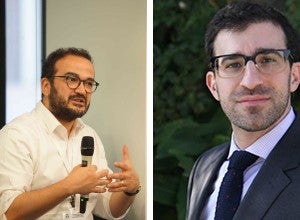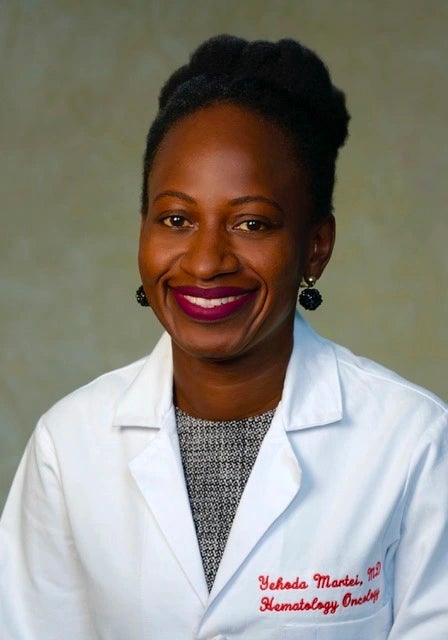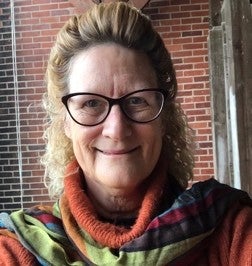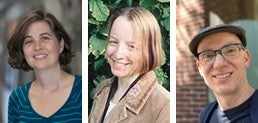 Exchange, Conflict and Coexistance: A Long History of the Middle East
Exchange, Conflict and Coexistance: A Long History of the Middle East
Harun Küçük, History and Sociology of Science, Penn; Joshua Teplitsky, History, Penn
In this course, two scholars of the early modern era come together to co-teach a workshop on the long history of the Middle East in the wider world. The birthplace of the world’s three great monotheistic religions and a site of contemporary contest, the Middle East is more than simply conflict: it is a place of rich exchanges, of conquests and coexistence, and of intense creativity. The workshops will proceed historically, from ancient foundations preceding the emergence of the monotheistic religions until the beginnings of the modern era, where nationalisms shaped the Middle East anew, bequeathing to us the world we know today.
Meets 4 times at Penn: Wednesday Sept. 11; Wednesday Sept. 18; Wednesday Sept. 25; Wednesday Oct 9
 Cancer and our Community
Cancer and our Community
Yehoda Martei & Abramson Cancer Staff
Penn Medicine
Cancer describes a large spectrum of diseases that originate from uncontrolled cellular growth. This workshop will provide teacher fellows with an overview of cancer biology and clinical treatment, with a focus on career pathways in cancer research and oncology care. Faculty experts will guide teacher fellows to take a close look at cancer-related health care disparities specific to the Philadelphia community and how community outreach efforts can address inequities. Fellows will engage in discussion, a hands-on activity, and collaborative lesson planning with each other and with cancer center staff. Teachers of any grade level will leave the workshop with activity-based lessons ready for immediate classroom implementation.
Meets 3 times at Penn: Wednesday Oct. 16; Wednesday Oct. 23; Wednesday Nov. 6
 Animation and Learning
Animation and Learning
Joshua Mosley, Penn Design
This hands-on workshop is for high school STEAM teachers interested in integrating accessible and effective methods of stop-motion animation in their teaching. Through discussion and hands-on demonstrations of 2D collage animation, participants will develop strategies for classroom projects that immerse students in learning material by representing cause-effect relationships and visual storytelling.
Meets 3 times at Penn: Thursday Nov. 14; Wednesday Nov. 20; Thursday Dec.11





